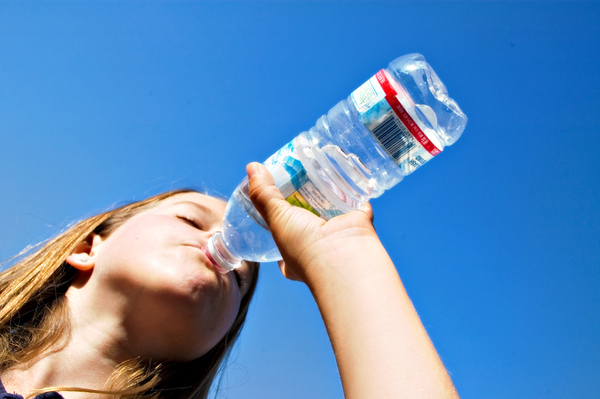MARATHON season is upon Noosa, with the Ultimate Sports Festival and the Noosa Tri coming in the months ahead.
In preparation for the influx of runners, cyclists and swimmers, the Cancer Council has advised athletes to avoid sugar-sweetened sports drinks, which may be contributing to the state’s burgeoning obesity epidemic.
Cancer Council warns some products may contain more than 13 teaspoons of sugar in one bottle – over twice the recommended daily intake.
Even smaller 380ml varieties of some sports drinks have between 8 and 13.5 teaspoons of sugar, with 19 teaspoons in a one-litre bottle of one of the most popular drinks.
Cancer Council Queensland spokesperson Katie Clift said all sugar-sweetened sports drinks should be avoided.
“The World Health Organisation recommends consumers limit sugar consumption to no more than six teaspoons a day for optimum health,” Ms Clift said.
“Just a few sips of a sports drink could exceed that recommendation, undoing the benefits of an otherwise healthy diet and physical activity.”
Ms Clift said it was of “great concern” that some parents buy sports drinks for their kids after a weekend game of soccer or netball, conditioning young people to crave sugar.
“Weekly consumption of sports drinks can cause weight gain and increase a person’s risks of chronic diseases, including some cancers,” she said.
“We recommend all Queenslanders enjoy a well-balanced diet and drink eight glasses of water each day, avoiding sugar-sweetened beverages.”
Ms Clift said people who led sedentary lifestyles and don’t exercise should be particularly wary of eliminating these energy intensive sugar-laden drinks from their diet.
“Regular exercise and a healthy low-sugar diet are key to maintaining health and happiness,” she said.
Cancer Council is urging all Queenslanders to stick with drinking water or unflavoured low-fat milk.
“Be wary of health claims on sports drinks like ‘contains vitamins’ or ‘quenches thirst’ – check the amount of sugar on the nutrition panel and the serving size,” Ms Clift said.
“Avoid the sports drink aisle at the shops, and curb your consumption by cutting out impulse buying.”
For more information on product formulation and sugar contents, go to rethinksugarydrink.org.au.
Steer clear of sugary drinks

Digital Edition
Subscribe
Get an all ACCESS PASS to the News and your Digital Edition with an online subscription
Community update
From singing and bush care to service clubs and art, there is a wide variety of groups in Noosa.
QCWA TEWANTIN NOOSA
New members and visitors...







